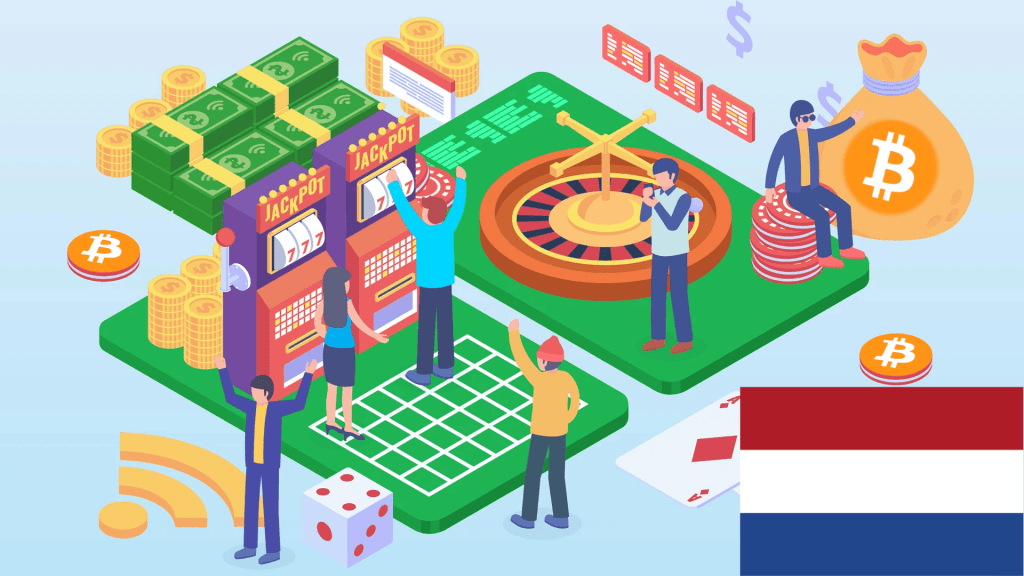The way we work has changed. Remote work is now common across many industries, especially in tech, finance, and creative fields. This global shift has opened new doors, not only for companies but for individuals who want to work while exploring the world. Now, blockchain is stepping into this space with a new idea—token-based work permits.
Instead of long paperwork and complicated visa processes, blockchain immigration solutions are creating a faster, more transparent system. These are sometimes called crypto nomad visas. They offer digital professionals the chance to live and work legally in another country, powered by smart contracts and tokens.
What Are Crypto Nomad Visas?
Crypto nomad visas are a new kind of digital visa created for remote workers, freelancers, and crypto professionals. Unlike traditional visas, they can be managed, tracked, and even issued through blockchain systems.
Here’s how they work:
- Applicants apply through a blockchain-powered platform.
- The system checks if they meet the rules using smart contracts.
- Once approved, they receive a token-based work permit on the blockchain.
- This token acts as proof of their legal status in the host country.
This type of immigration system can cut down bureaucracy and prevent fraud. It also makes the whole process faster and easier to track.
How Blockchain Immigration Works
Let’s break it down simply:
Step | Action | Blockchain Role |
1 | Worker applies for a visa | Identity is verified on-chain |
2 | Smart contract reviews documents | Approval is automated |
3 | Visa is issued as a token | Stored in a digital wallet |
4 | Local government and services can verify status | Instant verification via blockchain |
The benefit here is that everything happens in real-time. There is less need for paper-based checks or waiting weeks for decisions.
Why Token-Based Work Permits Matter
Token-based work permits are more than just digital papers. They can include extra features that help both the worker and the host country.
For example, the token might:
- Show visa duration and renewal dates
- Track tax contributions and local spending
- Connect to healthcare or insurance services
- Give access to digital government platforms
These permits offer flexibility for remote workers while ensuring legal and financial transparency for the country.
Benefits of Crypto Nomad Visas
Using blockchain immigration for remote work visas can offer many advantages. Here are the most important ones:
- Faster processing
Smart contracts reduce the need for human review. This speeds up approval times. - Lower cost
Governments and workers spend less on paperwork and legal help. - More transparency
Every action is recorded on the blockchain. There’s less room for corruption. - Easier tracking
Governments can monitor work status, tax payments, and visa expiry. - Appeal to crypto talent
Countries offering crypto nomad visas can attract developers, designers, marketers, and investors.
Countries Exploring Blockchain Immigration
Several countries have started experimenting with digital nomad programs. Some are now looking at blockchain immigration as the next step. These include:
Country | Status | Details |
Estonia | Active | Offers e-residency linked to blockchain ID |
Portugal | In development | Discussing crypto-friendly digital visa |
UAE | Exploring | Dubai has launched blockchain business IDs |
Barbados | Pilot | Considering token-based work permits for digital nomads |
These countries are trying to attract remote workers by making immigration simple and tech-friendly.
Challenges to Consider
While this system has promise, there are some risks and concerns:
- Privacy: Storing immigration data on a public blockchain raises questions about safety.
- Regulations: Not all countries have laws ready to accept token-based permits.
- Adoption: Both users and governments need training and education.
- Interoperability: Different blockchains must work together if visas are cross-border.
These challenges need to be addressed carefully to build trust in the system.
The Future of Remote Work and Blockchain
The rise of crypto nomad visas shows how blockchain immigration can improve the future of global work. For countries, it’s a way to welcome skilled digital workers. For individuals, it’s a new path to work legally while enjoying global freedom.
As more governments accept token-based work permits, we could see a world where crossing borders becomes easier for remote professionals. Just like digital payments removed the need for cash, blockchain could remove the hassle from immigration.
In the years ahead, we may look back and wonder how we ever dealt with paperwork and embassy visits. The tools for change are already here. Now it’s just a matter of adoption.
Blockchain-based remote work visas offer a powerful solution for the future of work. With crypto nomad visas, skilled workers can move freely and legally, and governments can benefit from transparency and innovation. These token-based work permits could soon become the standard for digital professionals around the world.
As technology reshapes borders, blockchain may lead the way to a more open, mobile, and fair work culture.
Remember, investing in cryptocurrencies involves risks, and it’s important to conduct thorough research and seek professional advice before making any financial decisions. (Please keep in mind that this post is solely for informative purposes and should not be construed as financial or investment advice.)

















 English (US) ·
English (US) ·